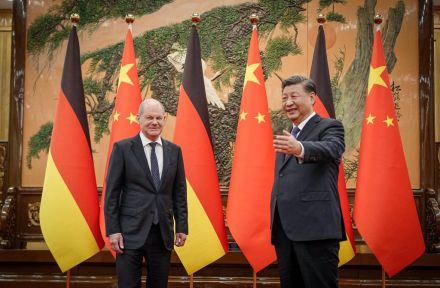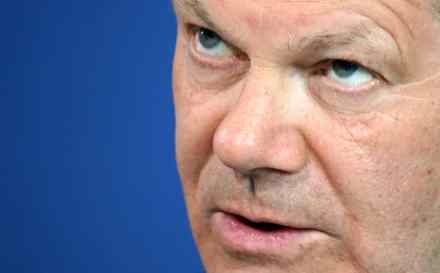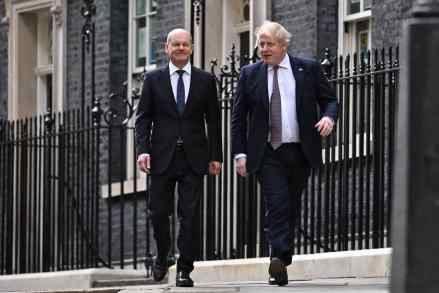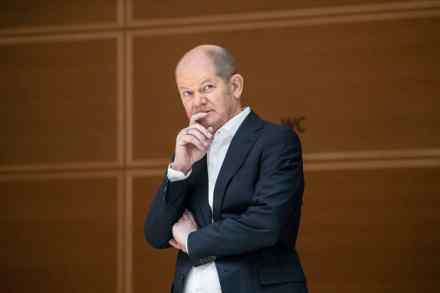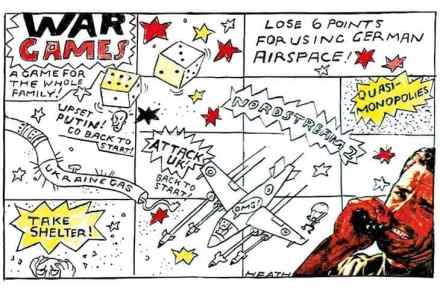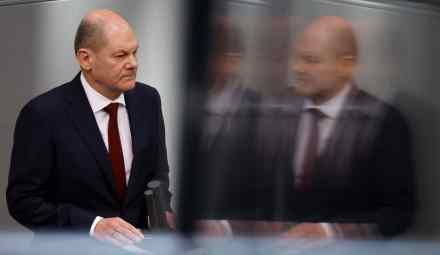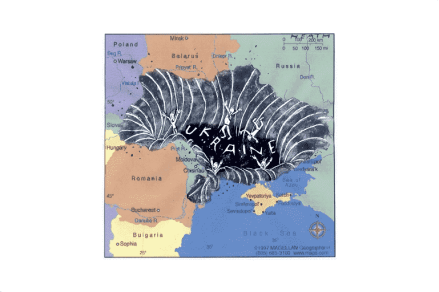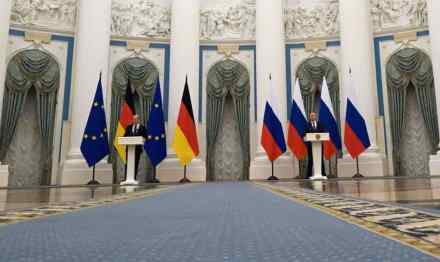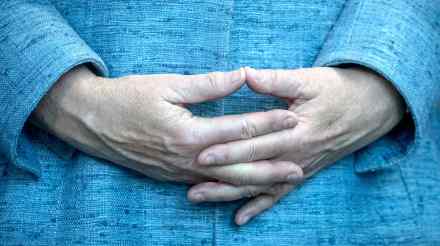Xi’s nuclear warnings are a coup for Scholz
Checks and balances on Vladimir Putin don’t come from inside Russia. The people around him supported forced mobilisation, pushed his plans to annex eastern Ukraine, and wanted more nuclear posturing. Xi Jinping and Narendra Modi, of China and India, can do a much better job at constraining Putin. They’re the only two leaders of major powers that haven’t completely ostracised the Russian leader. He needs them to keep his struggling economy afloat. The pair are putting pressure on the Putin to avoid nuclear conflict. This morning, Xi warned Putin off using nukes for the first time, after saying in February that China and Russia’s friendship had ‘no limits’. In a joint
